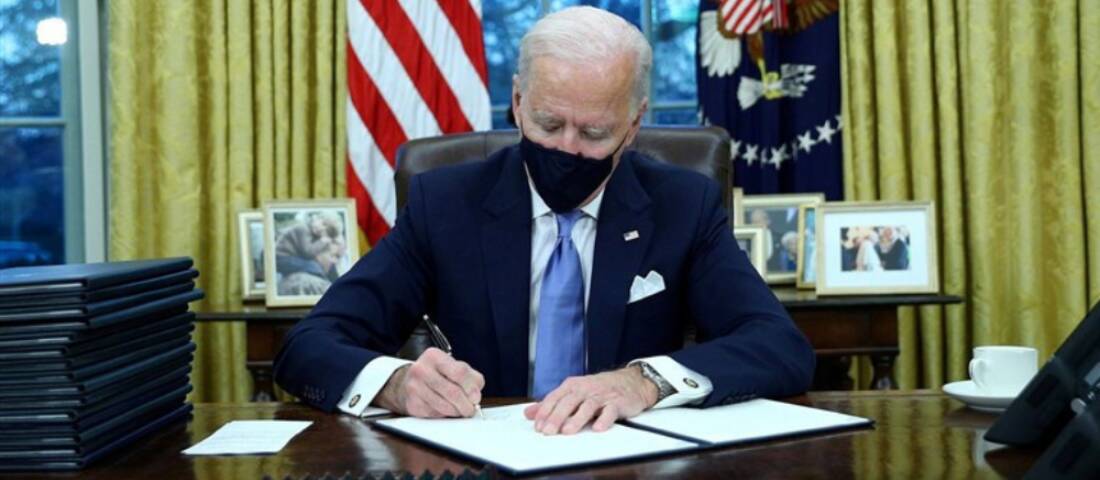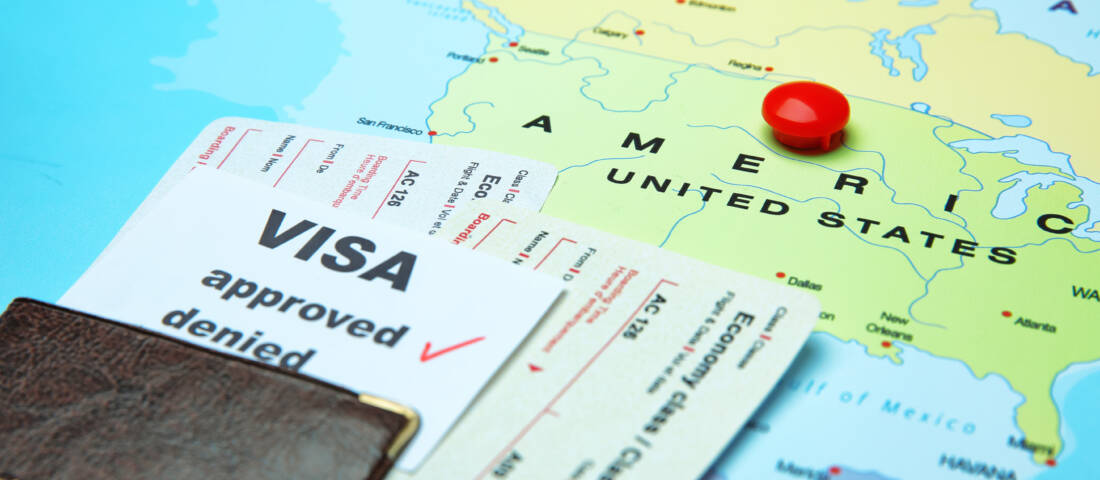What changes are expected under the Biden administration? How will changes to U.S. immigration impact Canada?
Candidate Joe Biden promised significant U.S. immigration reform if he were elected President of the United States. On his first day in office, January 20, 2021, President Biden issued an executive order for temporary changes to the enforcement of the immigration law while a full review is underway. The American Immigration Lawyer's Association (AILA), declared on January 25 that President Biden has begun to make bold immigration reform.
Within his first 36 hours in office, Biden:
- ordered the Department of Homeland Security to preserve and fortify the Deferred Action for Childhood Arrivals (DACA) program
- withdrew pending H-1B temporary worker visa changes on wages and eligibility criteria
- reversed the Trump administration's policy to exclude unauthorized immigrants from the 2020 Census count, which was intended to influence congressional districts
- ended the Muslim ban on travel into the United States
- stopped construction of the border wall along the U.S. / Mexican border
- protected Liberians from immigration enforcement and extended work authorizations for Liberians through June 30, 2022
During his first 100 days in office, Biden is expected to:
- send a bill to Congress that will:
- provide an 8-year pathway to citizenship for 11 million undocumented immigrants
- eliminate the 3 and 10-year ban on Green Card applicants who left the country without authorization
- reduce Green Card backlogs
- do away with per-country caps on visas
- provide a faster path to a Green Card for children and spouses of permanent residents
- prevent children of H-1B visa holders from aging out and being forced to leave the United States
Biden's additional immigration pledges include:
- end the policy of evaluating an immigration application based on the applicant's income or need of government services, known as the Public Charge Rule
- increase the number of foreign students welcomed to study in the United States, and allow F-1 visa holders to stay in the U.S. for a longer period of time
- end for-profit immigration detention centers
- prioritize the reunification of any migrant children still separated from their families
- end workplace immigration raids
Impact of U.S. Immigration Changes on Canada
Canada needs immigrants to rebuild the economy after the pandemic, employ more workers and to remain globally competitive. On October 30, 2020, Canada's Minister of Immigration, Refugees and Citizenship (IRCC) announced its new Immigration Levels Plan 2021-2023.
IRCC will welcome over 400,000 immigrant newcomers per year beginning in 2021:
2021: 401,000
2022: 411,000
2023: 421,000
More than 9 million Canadians will reach retirement age in the next decade. With an aging workforce and a need for skilled talent, by 2031 immigration is expected to account for 80% of Canada’s population growth, up from the current 75%.
“Immigration is essential to getting us through the pandemic, but also to our short-term economic recovery and our long-term economic growth. Canadians have seen how newcomers are playing an outsized role in our hospitals and care homes, and helping us to keep food on the table. As we look to recovery, newcomers create jobs not just by giving our businesses the skills they need to thrive, but also by starting businesses themselves. Our plan will help to address some of our most acute labour shortages and to grow our population to keep Canada competitive on the world stage.”
– The Honourable Marco E. L. Mendicino, P.C., M.P.,
Minister of Immigration, Refugees and Citizenship
Make Your Canadian Dream Come True
We help you smooth the way to new opportunities in Canada.
At Ackah Business Immigration Law, our goal is to make Crossing Borders Seamlessly a reality and to smooth your way to new opportunities in Canada. Ackah Law is headquartered in Calgary with offices in Vancouver and Toronto. Contact Ackah Law today at 587-324-2232 or email us directly at contact@ackahlaw.com.
Ackah Business Immigration Law provides Canada and U.S. immigration legal services.








